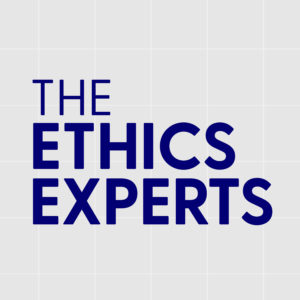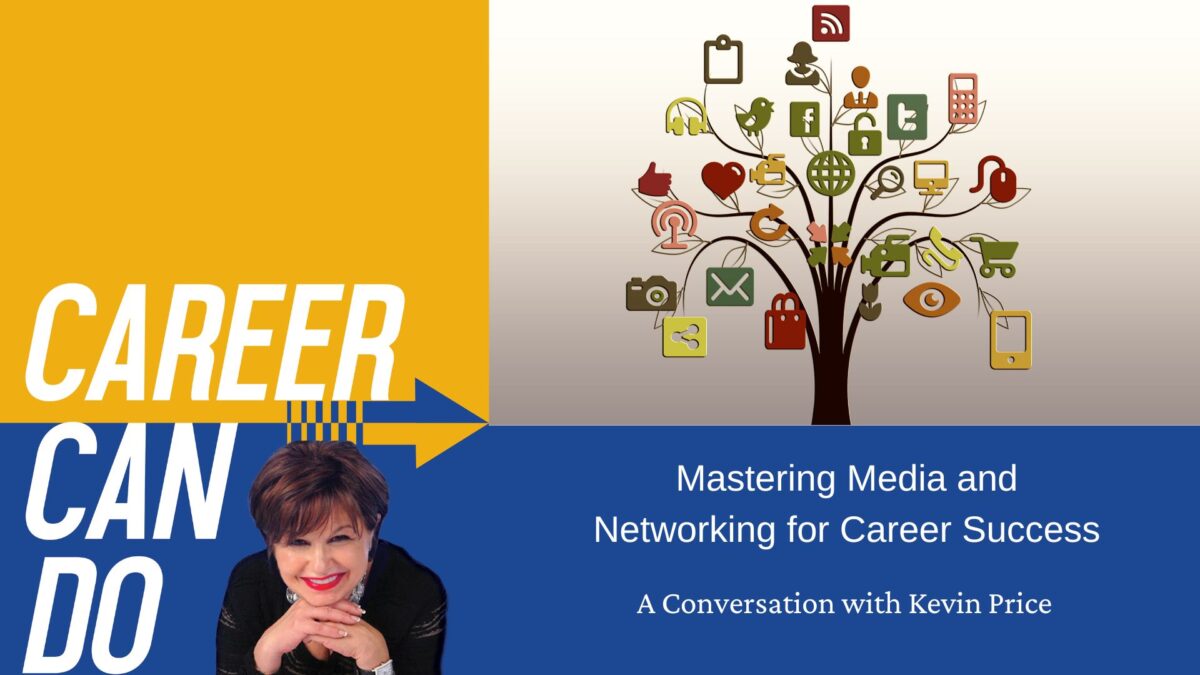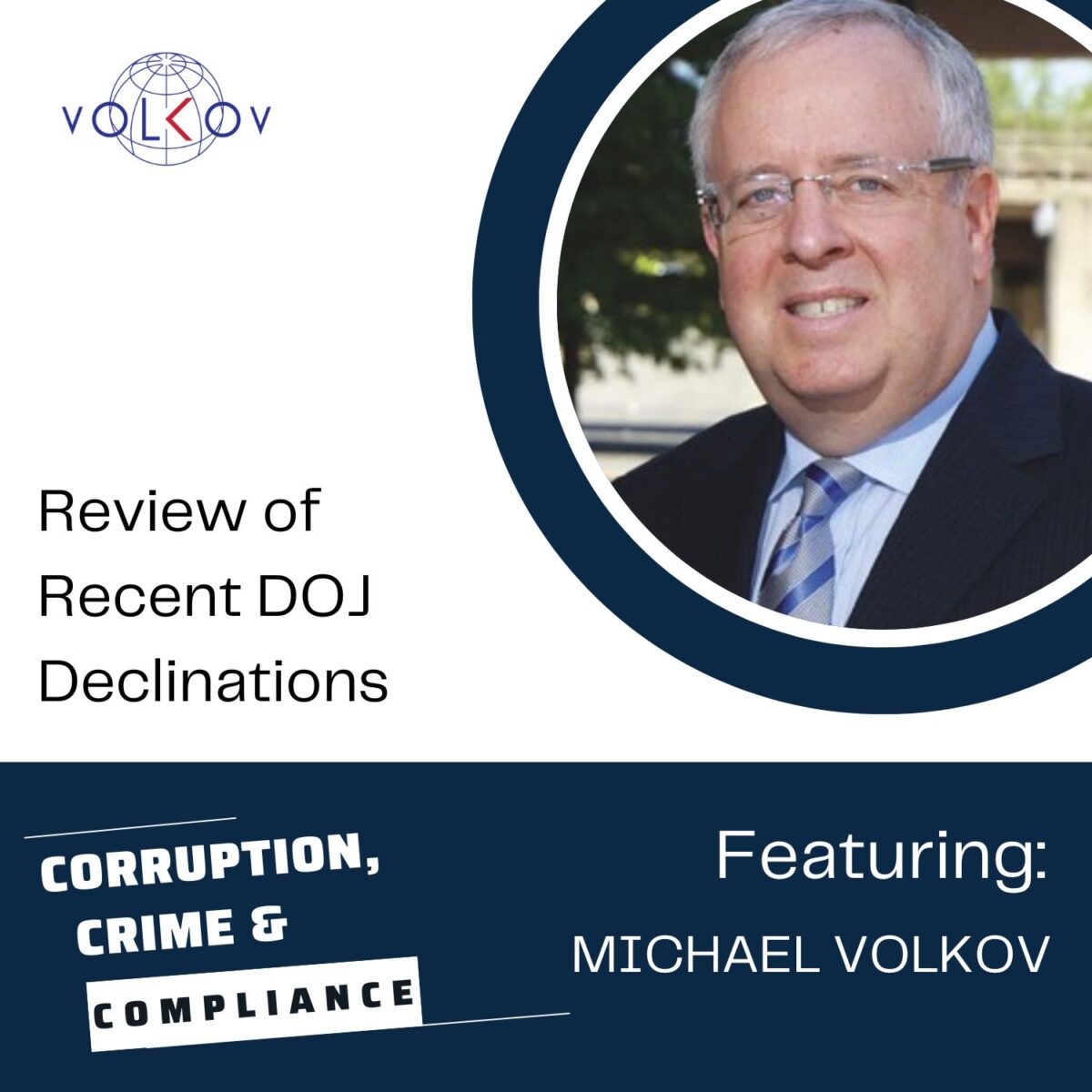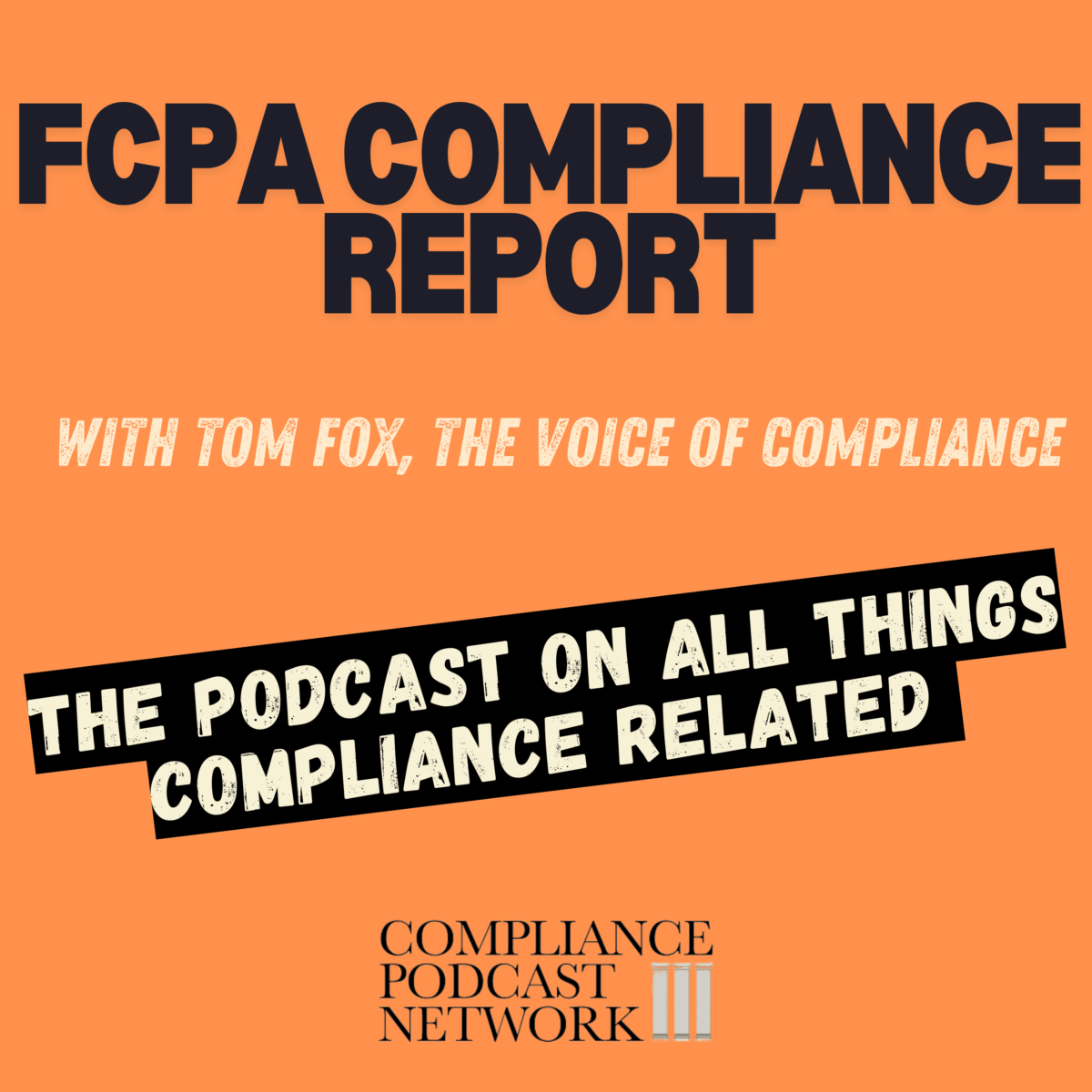The 2022 Monaco Memo emphasized that the key to every company is culture. The bottom line is that corporate culture matters, and a corporate culture that fails to hold individuals accountable and invest in compliance—or worse, thumbs its nose at compliance—leads to bad results.
From the enforcement perspective, the DOJ will assess companies’ ethical cultures. From the compliance perspective, the ethical tone of a company and accountability all start at the top and, most specifically, senior management. The 2020 FCPA Resource Guide, 2nd edition, stated, “Beyond compliance structures, policies, and procedures, it is important for a company to create and foster a culture of ethics and compliance with the law at all levels. The effectiveness of a compliance program requires a high-level commitment by company leadership to implement a culture of compliance from the middle and the top.” The 2023 Evaluation of Corporate Compliance Programs (ECCP) sets out the following inquiries to assist companies in understanding this requirement.
Conduct at the Top—How have senior leaders encouraged or discouraged compliance through their words and actions, including the type of misconduct involved in the investigation? What concrete actions have they taken to demonstrate leadership in the company’s compliance and remediation efforts? How have they modelled proper behavior for subordinates? Have managers tolerated greater compliance risks in pursuit of new business or greater revenues? Have managers encouraged employees to act unethically to achieve a business objective or impeded compliance personnel from effectively implementing their duties?
These requirements are more than simply the ubiquitous “tone-at-the-top,” as they focus on the conduct of senior management. The DOJ wants to see a company’s senior leadership doing compliance. The DOJ asks if company leadership has brought the right message of doing business ethically and in compliance to the organization through their words and concrete actions. How does senior management model its behavior based on a company’s values, and how is such conduct monitored in an organization?
This means you must document corporate decisions where a compliance solution was proposed but rejected. In other words, is there a business justification for moving forward with the action? How will the compliance risk be managed going forward if this action occurs? Similarly, compliance techniques should be documented to demonstrate that your compliance function has met the requirements of the final question.
In-house compliance professionals know an effective compliance program requires more than policies, procedures, and controls. It needs commitment from every level of the organization, starting at the top. Senior executives, especially the CEO, set the tone that trickles down through the ranks, influencing how employees perceive the importance of compliance. Why is tone at the top so essential? Consider the following:
- Leadership Drives Culture: Employees take their cues from the behavior of senior leaders. If executives demonstrate a strong commitment to ethical practices and compliance, employees are more likely to follow suit. Conversely, that mindset will permeate the organization if leaders appear indifferent to compliance or cut corners.
- Trust and Transparency: When senior executives consistently emphasize ethical behavior, transparency, and accountability, they build trust with employees, shareholders, and external stakeholders. This trust is critical in creating an environment where employees feel empowered to speak up about potential compliance concerns.
- Mitigating Risk: A strong tone at the top can help an organization avoid costly regulatory fines, reputational damage, and legal penalties. It also creates an environment where potential issues are identified early and addressed promptly.
- Sustainability of the Compliance Program: A compliance program can only thrive if integrated into the company’s everyday operations. The CEO and senior executives are key to embedding compliance into the organization’s fabric and ensuring its long-term sustainability.
The tone at the top is more than simply words. It is easy for senior executives to talk about compliance, ethics, and integrity. What matters, though, is action. Employees are quick to notice when words don’t match actions, and a disconnect between what leaders say and do can be toxic to the compliance culture. Senior executives must integrate compliance into the company’s DNA to demonstrate a commitment to compliance. It cannot be seen as a “box-ticking” exercise or a legal necessity; it must be embraced as a core value that drives business decisions. Below are 10 practical ways senior executives can lead by example and set the right tone at the top for a best practices compliance program.
Senior management must share these same values through operationalizing compliance going forward. Lynn Paine, in her seminal article, Managing for Organizational Integrity, laid out five factors that can be used as guideposts to not only set the right tone for senior management on doing business ethically and in compliance but it can also lay the groundwork for senior management to model appropriate behavior and then have it monitored by the company going forward.
- Senior management must understand and effectively convey a company’s guiding principles to the workforce in various contexts.
- The company’s leader must be committed and willing to act on the values. This means that management must not simply ‘overlook’ the transgressions of top producers.
- A company’s systems and structures must support its guiding principles, and senior management cannot override these internal systems and structures without justification and Board approval.
- A company’s values must be integrated into normal management decision-making and reflected in its critical decisions. Sometimes, a company must turn down a business if there are too many red flags, or its values and ethics will be violated by engaging in such behavior.
- Managers must be empowered to make ethically sound decisions daily. This means senior management must fully support and back up such decisions.
In corporate compliance, a guiding principle is the foundation for success or failure: Tone at the Top. This phrase encapsulates the role of senior executives—notably the CEO—in setting the ethical standards, cultural expectations, and overall mindset toward compliance within an organization. Without a strong, consistent tone from leadership, even the most well-designed compliance programs will falter. However, the entire organization benefits when senior executives actively lead with integrity and prioritize compliance. Over the next week, we will lay out how an organization’s CEO and senior leadership can foster a culture of compliance by laying out practical ways CEOs and other senior executives can demonstrate the appropriate tone at the top.
Ed. Note: Some years ago, I asked a good friend what I could do with the blog posts to help them with their work as a CCO. They laughingly replied that they should put my blogs in outline and bullet point formats rather than in my lawyerly paragraph format so they could cut and paste my blog posts into memos that could be sent to senior management. So, for the rest of this blog post series, I will respond to this request and write blog posts using more outlines and bullet points. The heart of each blog post will find its way into a usable Memo for you and your compliance program.











